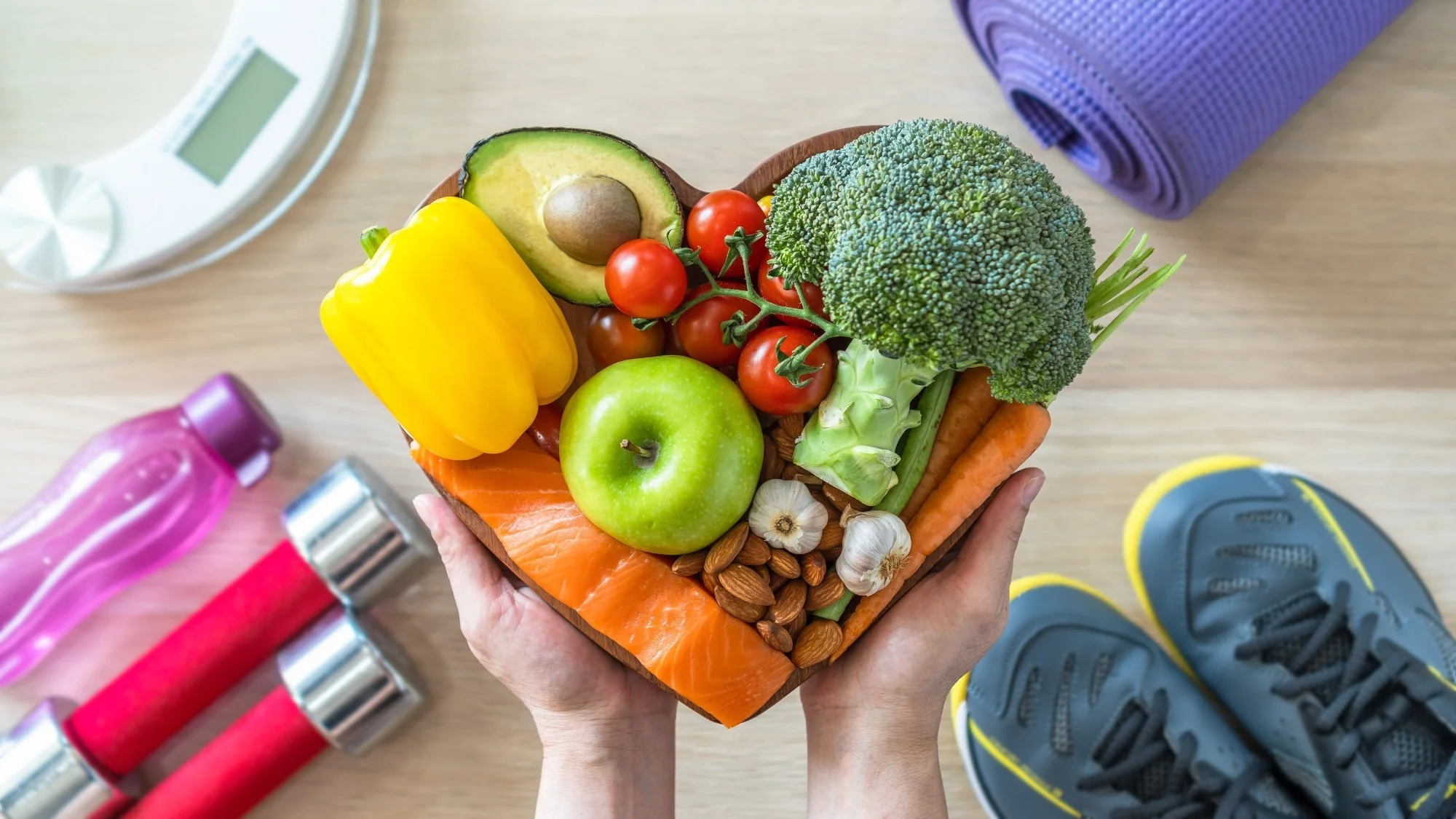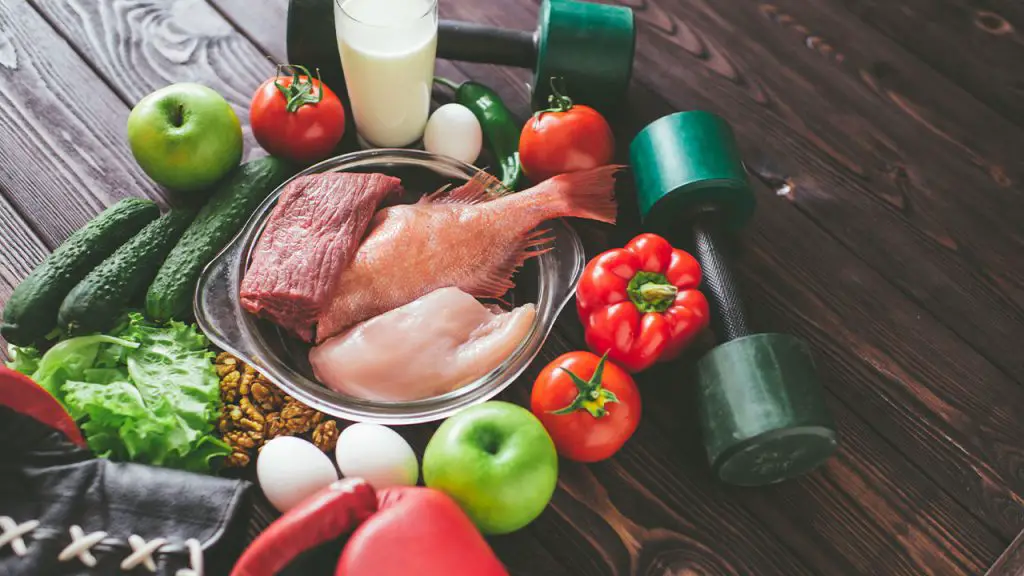Athletes consistently seek ways to improve their performance, and one of the most important, yet often overlooked, factors is nutrition. Proper nutrition plays a crucial role in enhancing athletic performance by providing the necessary energy, supporting recovery, and promoting overall health. A well-balanced diet tailored to the specific needs of the athlete can make a significant difference in their physical capabilities, endurance, and recovery time. This article will explore the key components of proper nutrition and how they contribute to peak performance in sports.
1. Energy Supply and Macronutrients
Athletes require a higher caloric intake than non-athletes due to the energy demands of training and competition. Carbohydrates, proteins, and fats, known as macronutrients, are the primary sources of energy for the body.
- Carbohydrates: These are the main source of energy during high-intensity activities. When consumed, carbohydrates are broken down into glucose, which is stored in muscles as glycogen. During exercise, glycogen is converted back into glucose to fuel the muscles. Athletes should prioritize complex carbohydrates like whole grains, fruits, and vegetables to ensure a steady supply of energy.
- Proteins: Protein is essential for muscle repair and growth, especially after intense training sessions. It helps the body recover from the microscopic muscle tears that occur during exercise. High-quality protein sources, such as lean meats, fish, eggs, and legumes, should be included in an athlete’s diet to promote muscle recovery.
- Fats: Healthy fats are important for prolonged, lower-intensity activities. They provide a long-lasting source of energy and are essential for overall health. Sources such as avocados, nuts, seeds, and olive oil should be part of a balanced diet.
2. Micronutrients and Hydration
In addition to macronutrients, vitamins and minerals, or micronutrients, are essential for supporting various bodily functions and enhancing performance.
- Vitamins and Minerals: Athletes need a variety of vitamins and minerals to maintain energy production, bone health, and immune function. For instance, calcium and vitamin D are crucial for bone strength, while iron helps transport oxygen to muscles. Deficiencies in these micronutrients can lead to decreased performance and increase the risk of injury or illness.
- Hydration: Water is a critical component of athletic performance. Dehydration can lead to a decrease in endurance, strength, and concentration. Athletes must replenish fluids lost during exercise by drinking water or electrolyte-rich beverages, especially during prolonged or intense physical activity. Hydration should be consistent throughout the day, not just before or after exercise.

3. Timing of Nutrition
The timing of meals and snacks can significantly impact an athlete’s performance.
- Pre-Workout Nutrition: Consuming a meal rich in carbohydrates and moderate in protein a few hours before exercise can provide the necessary fuel for performance. A small snack 30-60 minutes before a workout, such as a banana or a piece of toast with peanut butter, can further enhance energy levels.
- Post-Workout Nutrition: Recovery is a critical phase for athletes. Within 30 minutes to two hours after exercise, it is essential to consume a combination of carbohydrates and protein to replenish glycogen stores and repair muscle tissue. This can be achieved through meals like a chicken and rice bowl or a smoothie with protein powder and fruit.
4. Supplements and Their Role
While whole foods should be the foundation of an athlete’s diet, certain supplements may be beneficial in specific circumstances.
- Protein supplements: These can be helpful for athletes who struggle to meet their protein needs through food alone, particularly after intense training sessions.
- Creatine: A popular supplement, creatine can enhance performance in high-intensity, short-duration activities like weightlifting or sprinting by increasing the availability of energy in muscle cells.
- Electrolyte supplements: For athletes engaging in long-duration activities, electrolyte supplements can help replace sodium, potassium, and other minerals lost through sweat.
It is essential for athletes to consult a nutritionist or healthcare provider before starting any supplementation to ensure it is necessary and safe.

5. Personalized Nutrition Plans
Every athlete’s nutritional needs are different based on their sport, training intensity, body composition, and goals. A personalized nutrition plan is essential to optimize performance. Endurance athletes may need a higher carbohydrate intake, while strength athletes may focus more on protein. Working with a sports nutritionist can help athletes tailor their diets to their individual requirements.
Conclusion
Proper nutrition is a foundational element of athletic success. By consuming a balanced diet rich in carbohydrates, proteins, fats, vitamins, and minerals, athletes can enhance their energy levels, improve recovery, and optimize performance. Coupled with proper hydration and strategic meal timing, nutrition can be the key to unlocking an athlete’s full potential.

